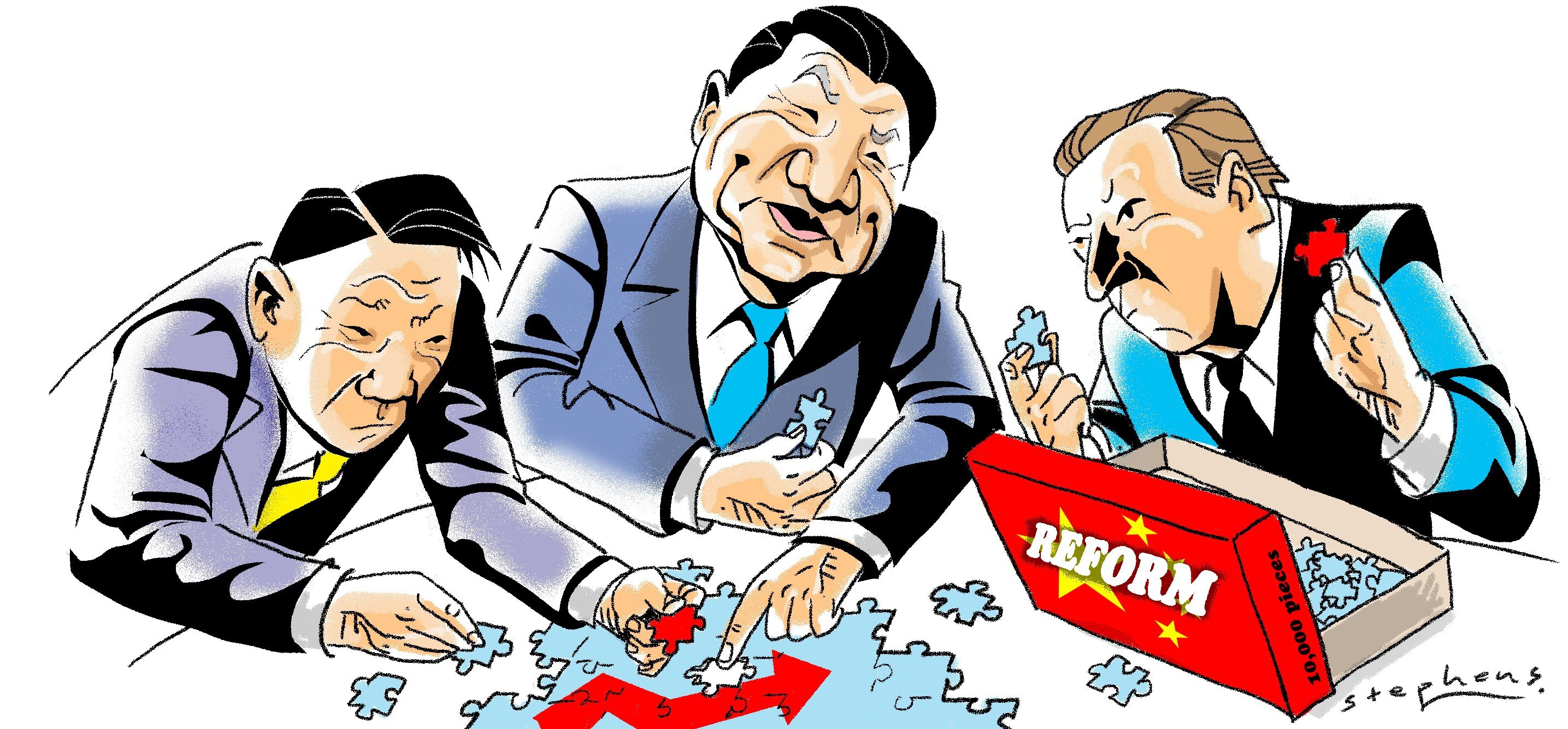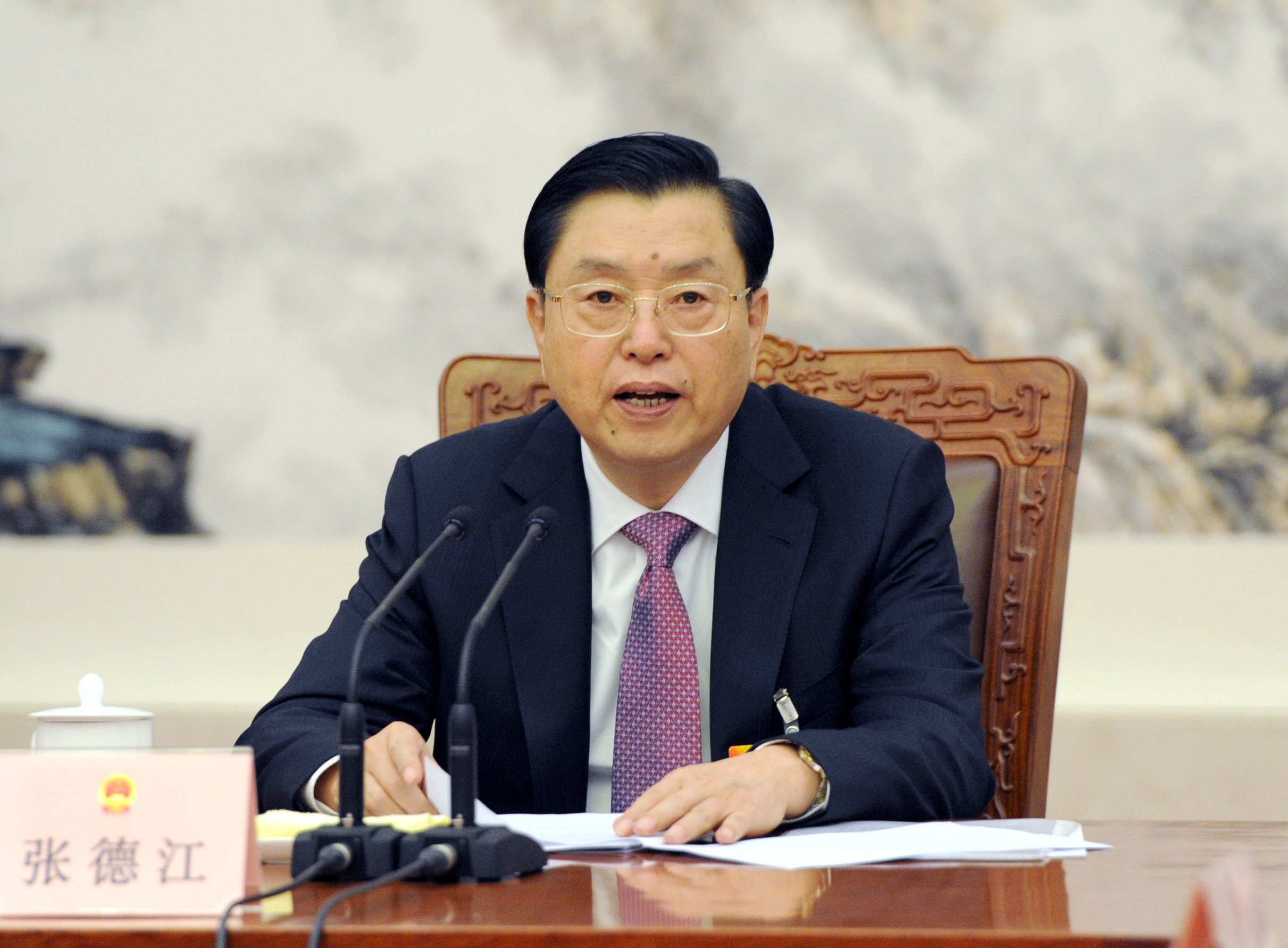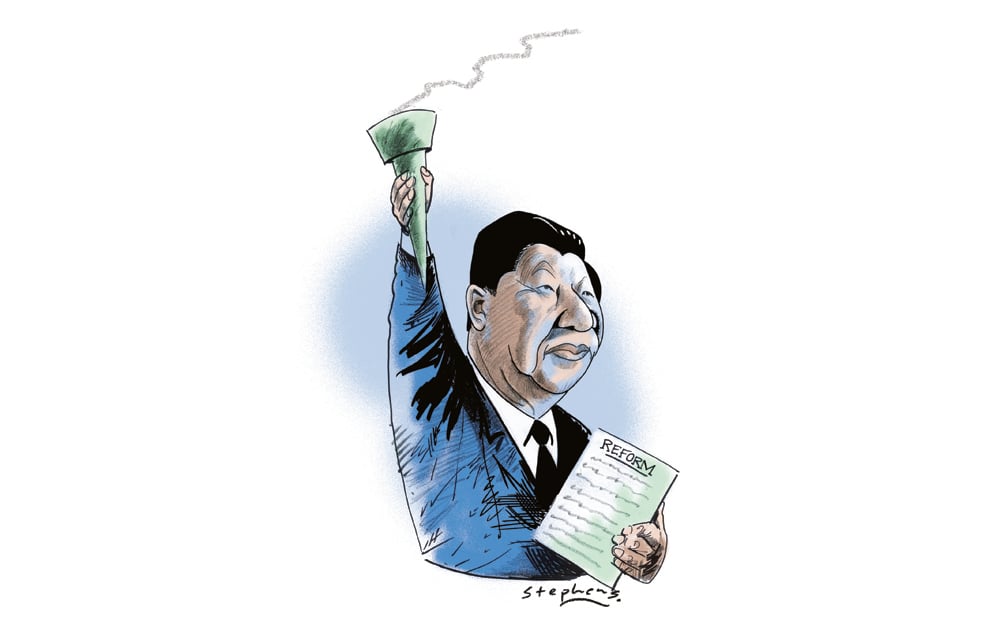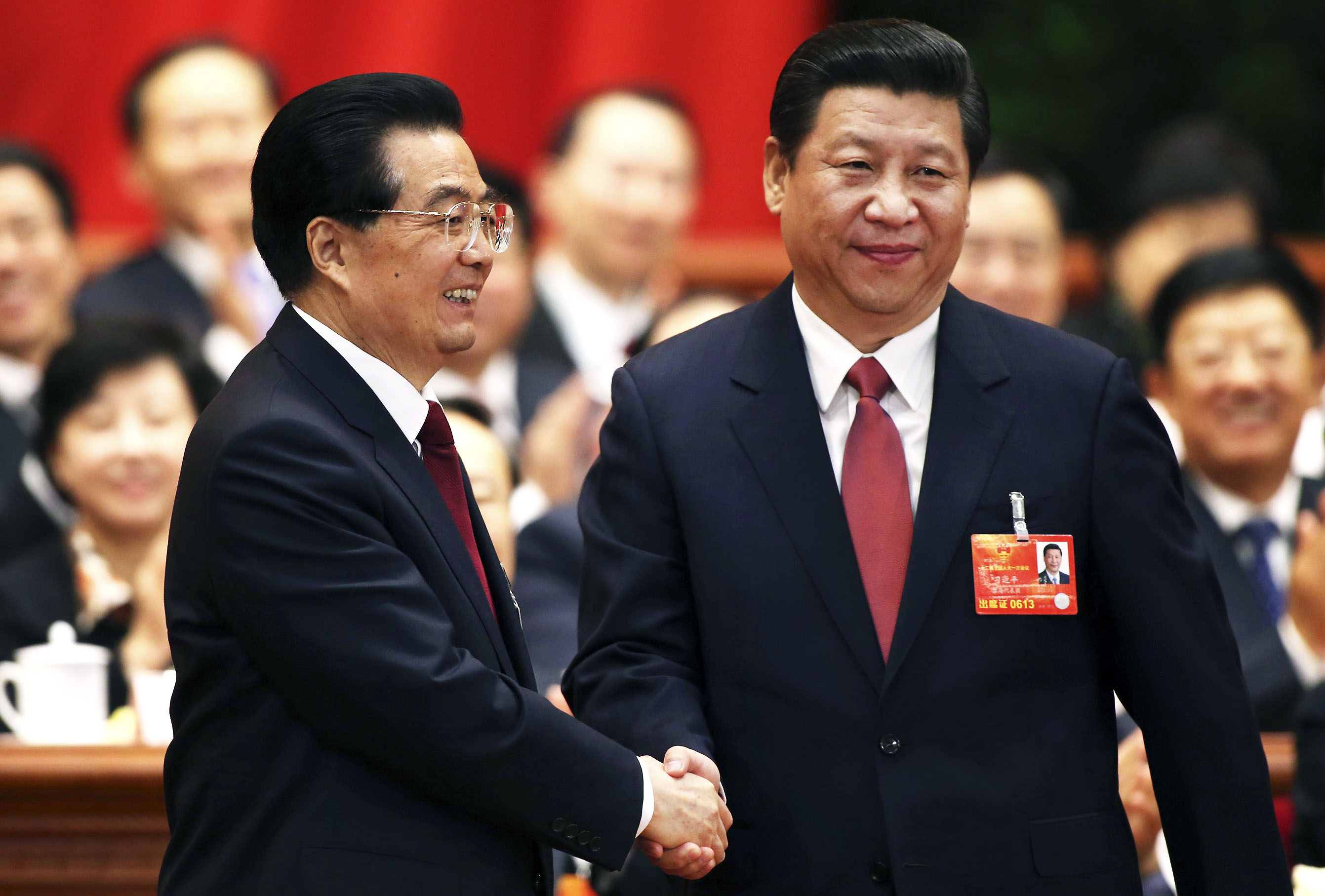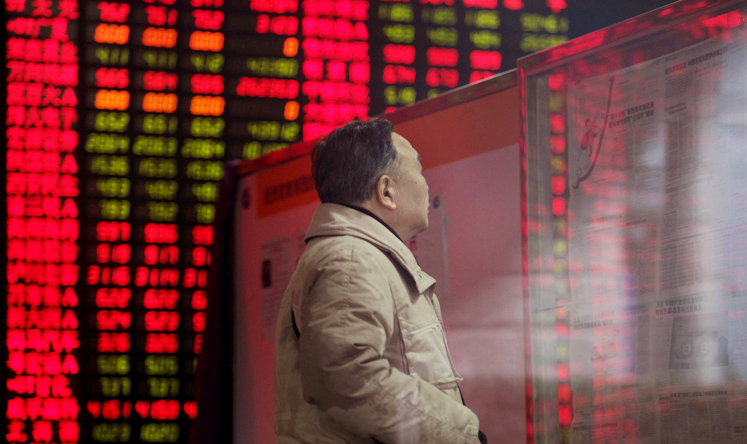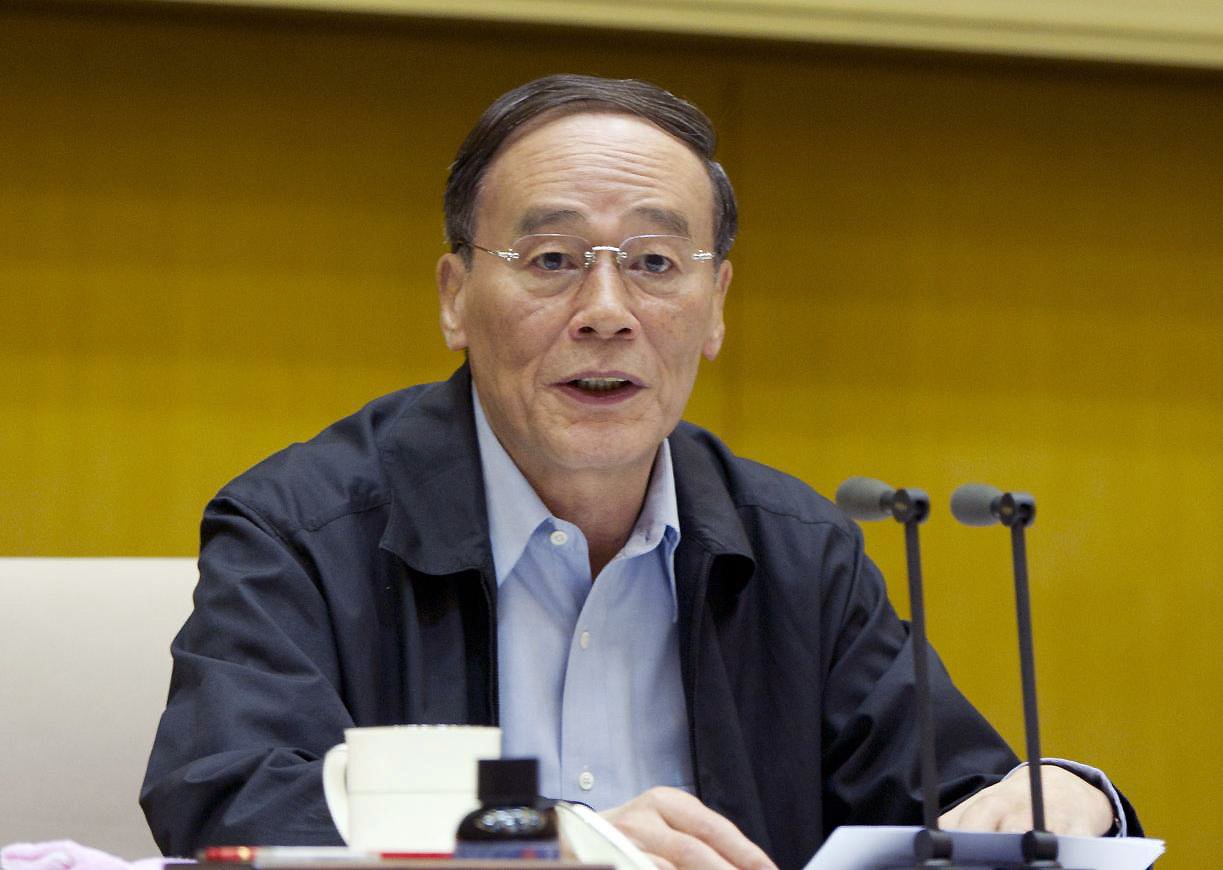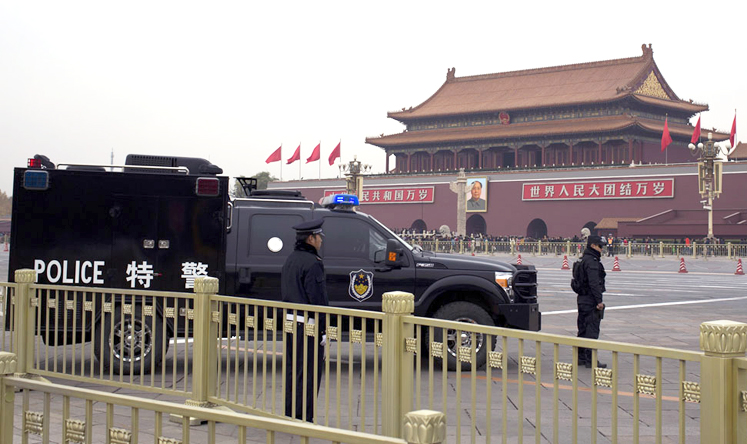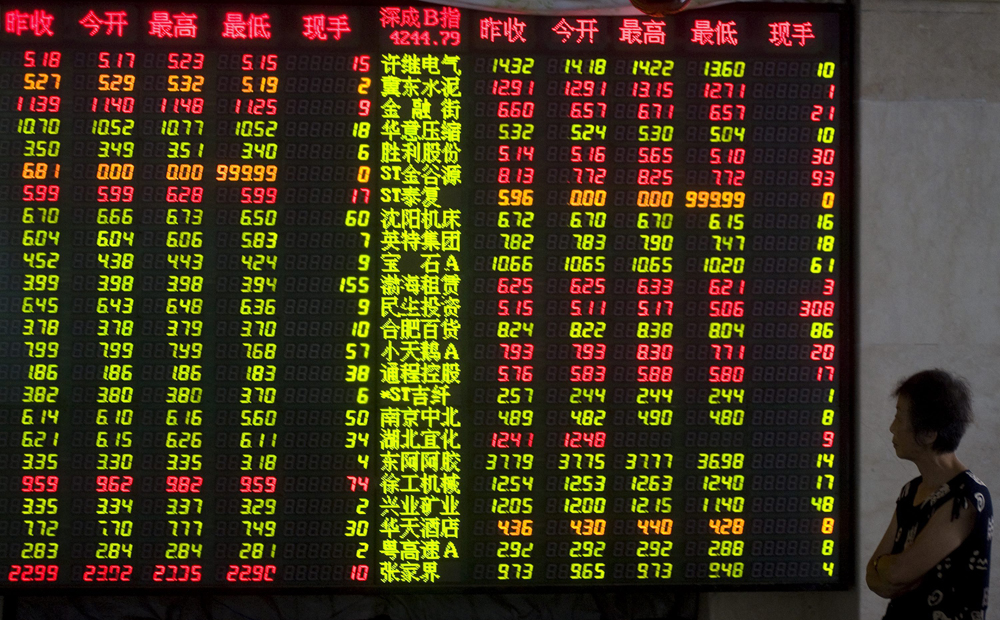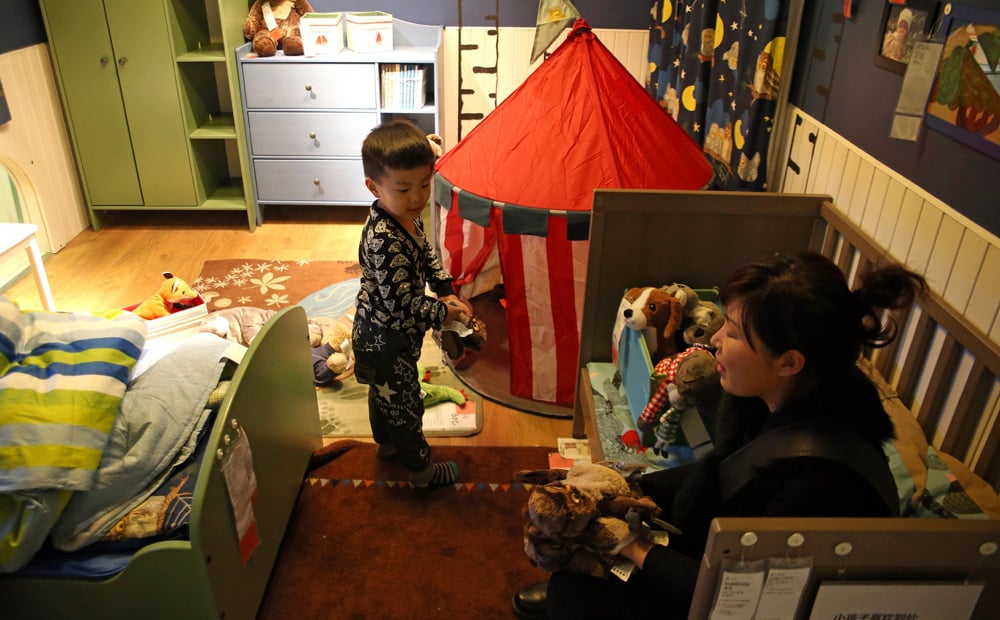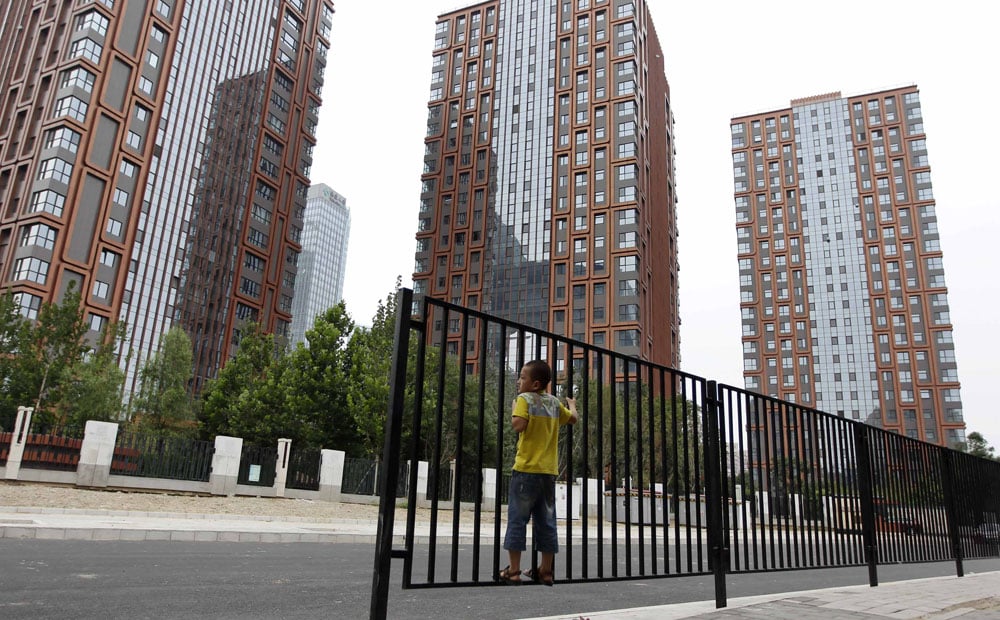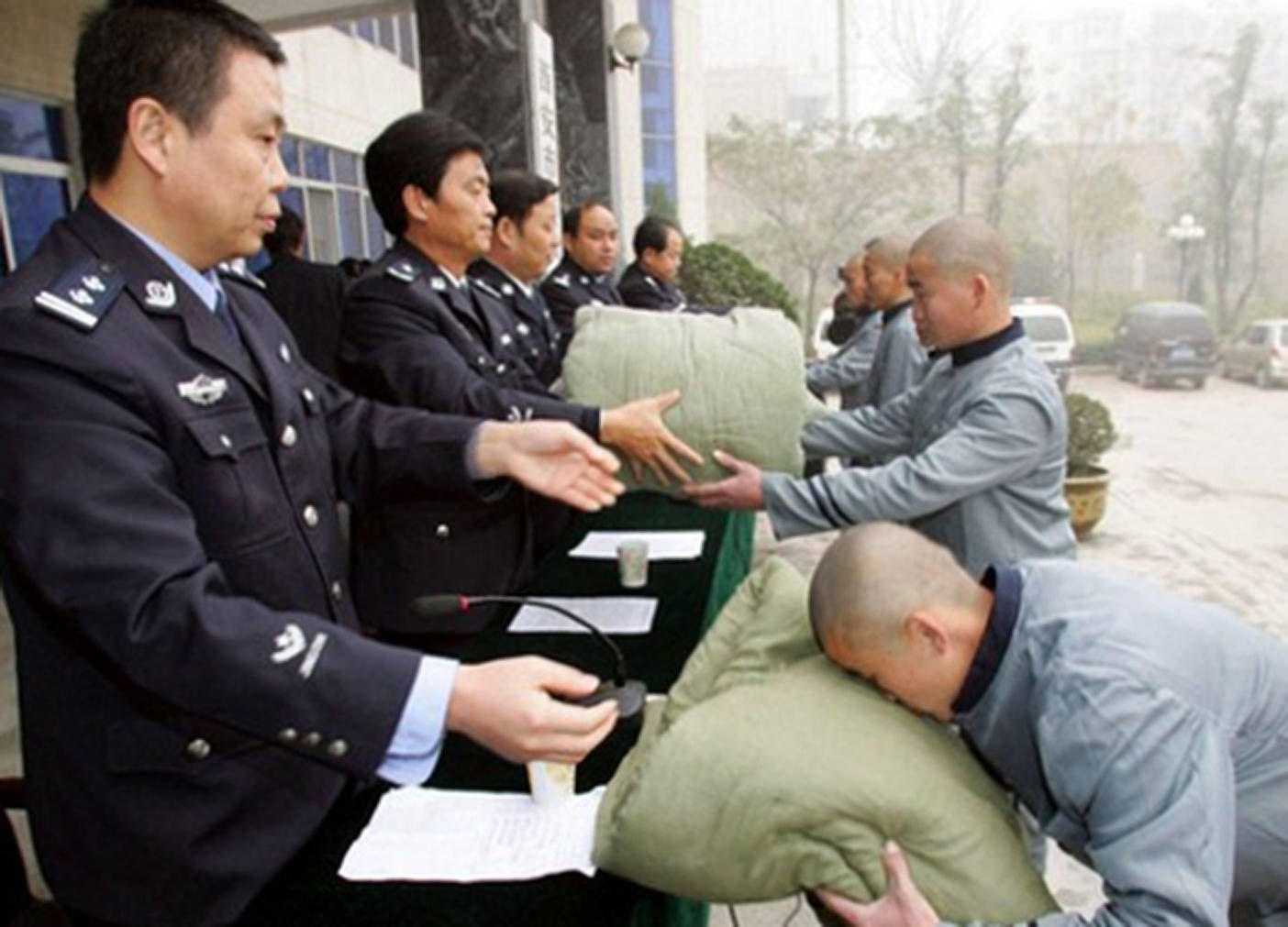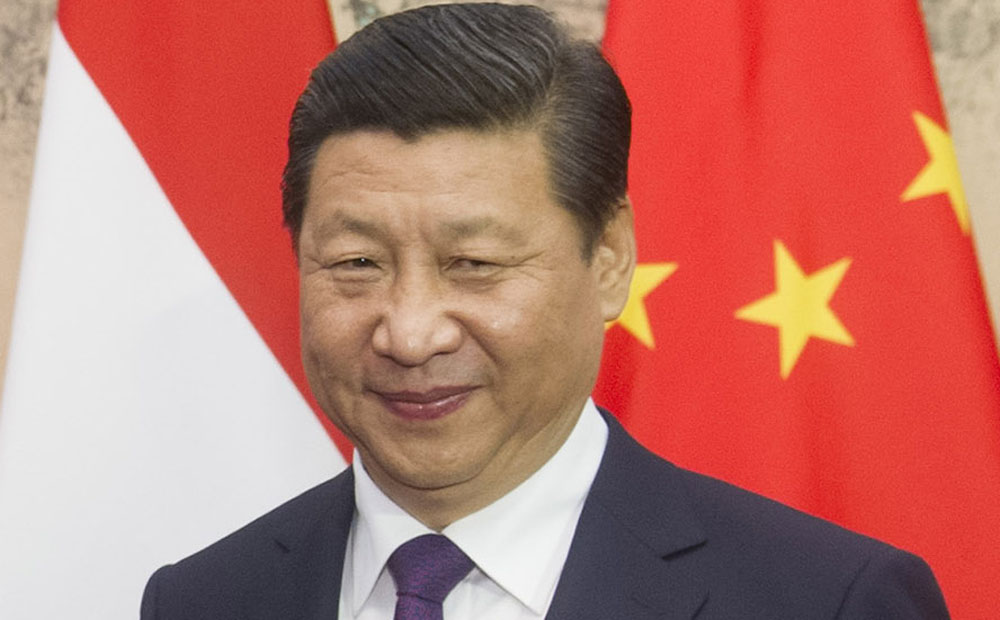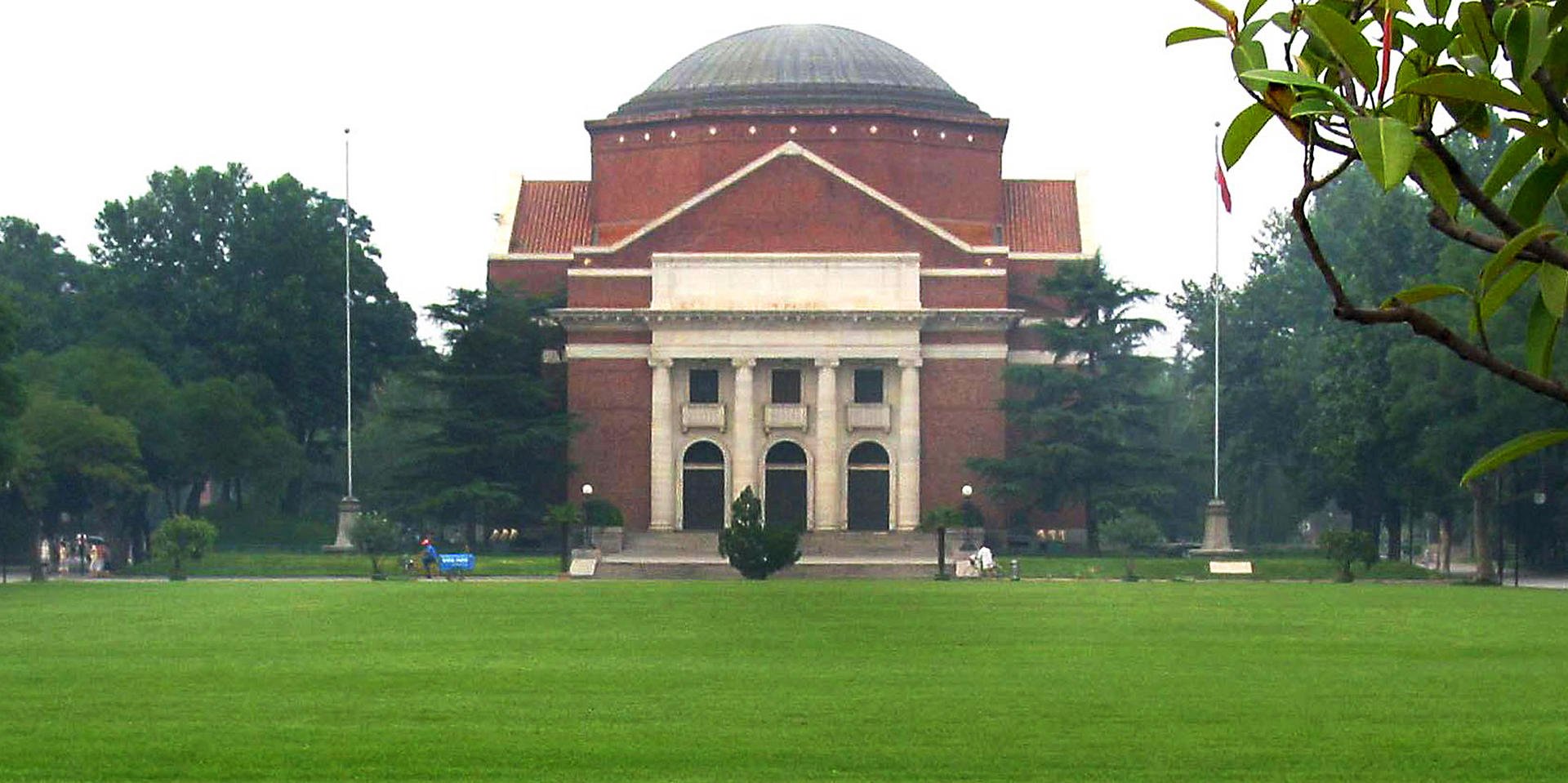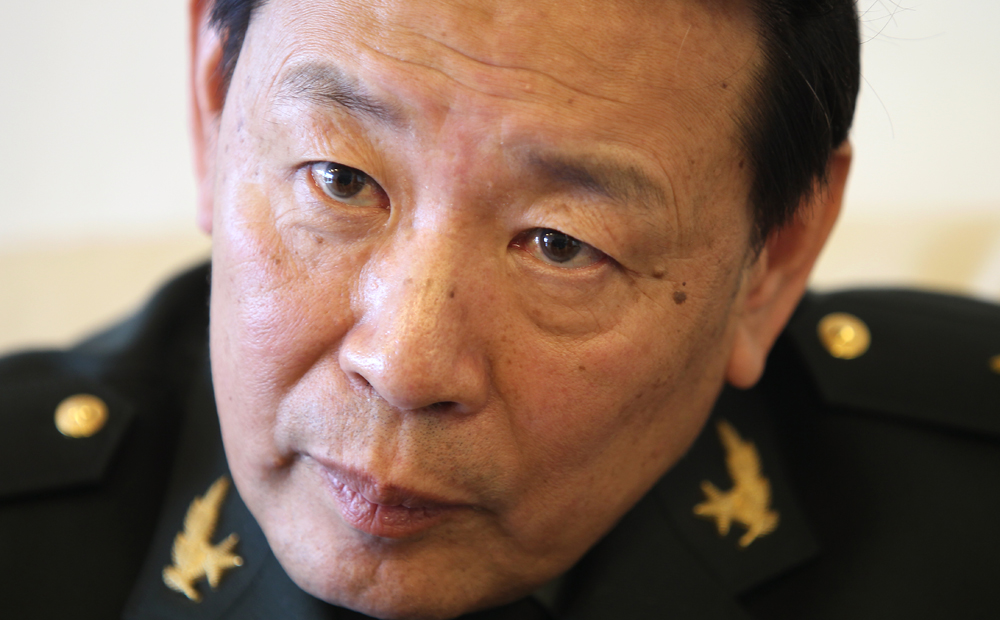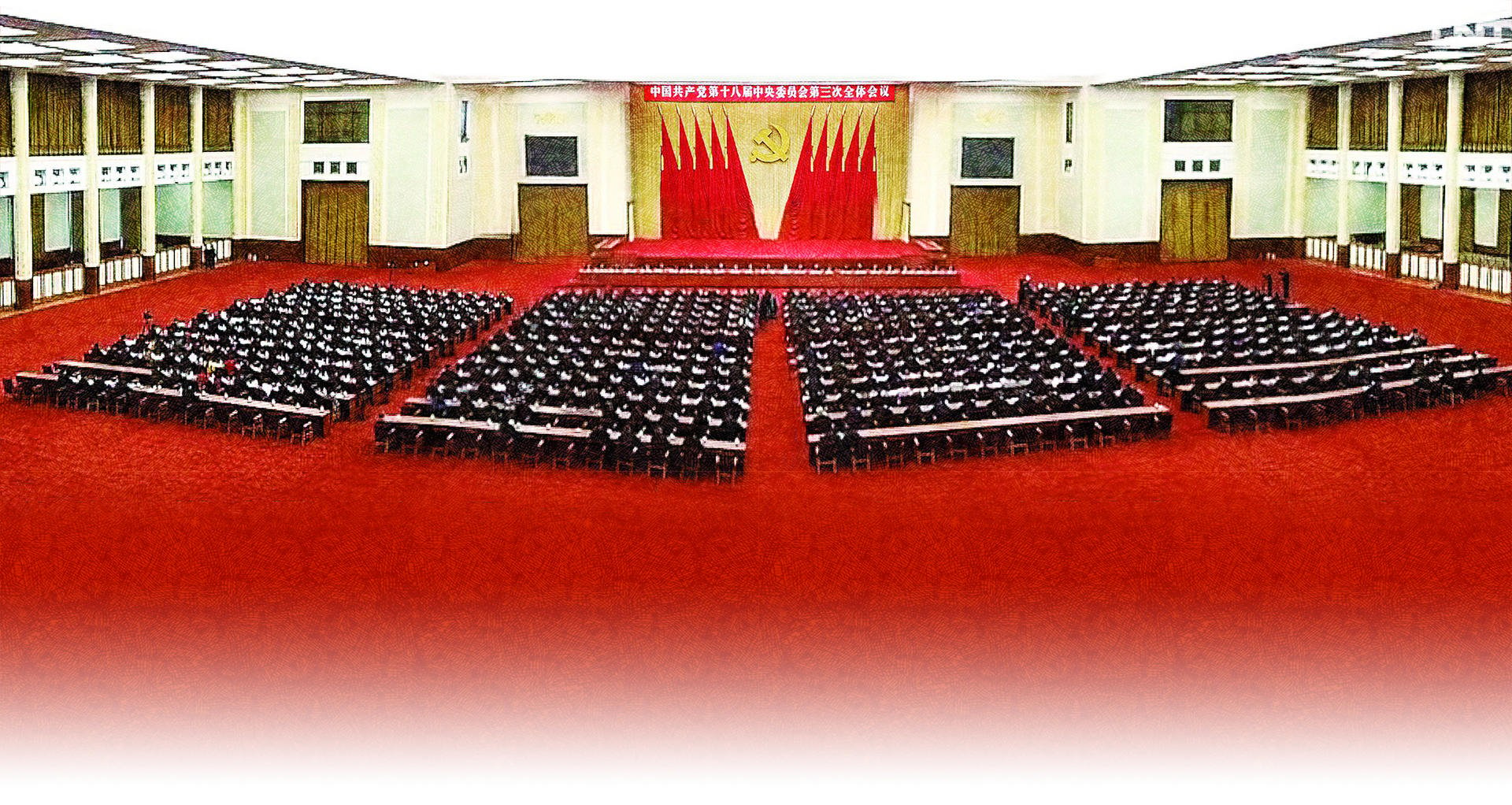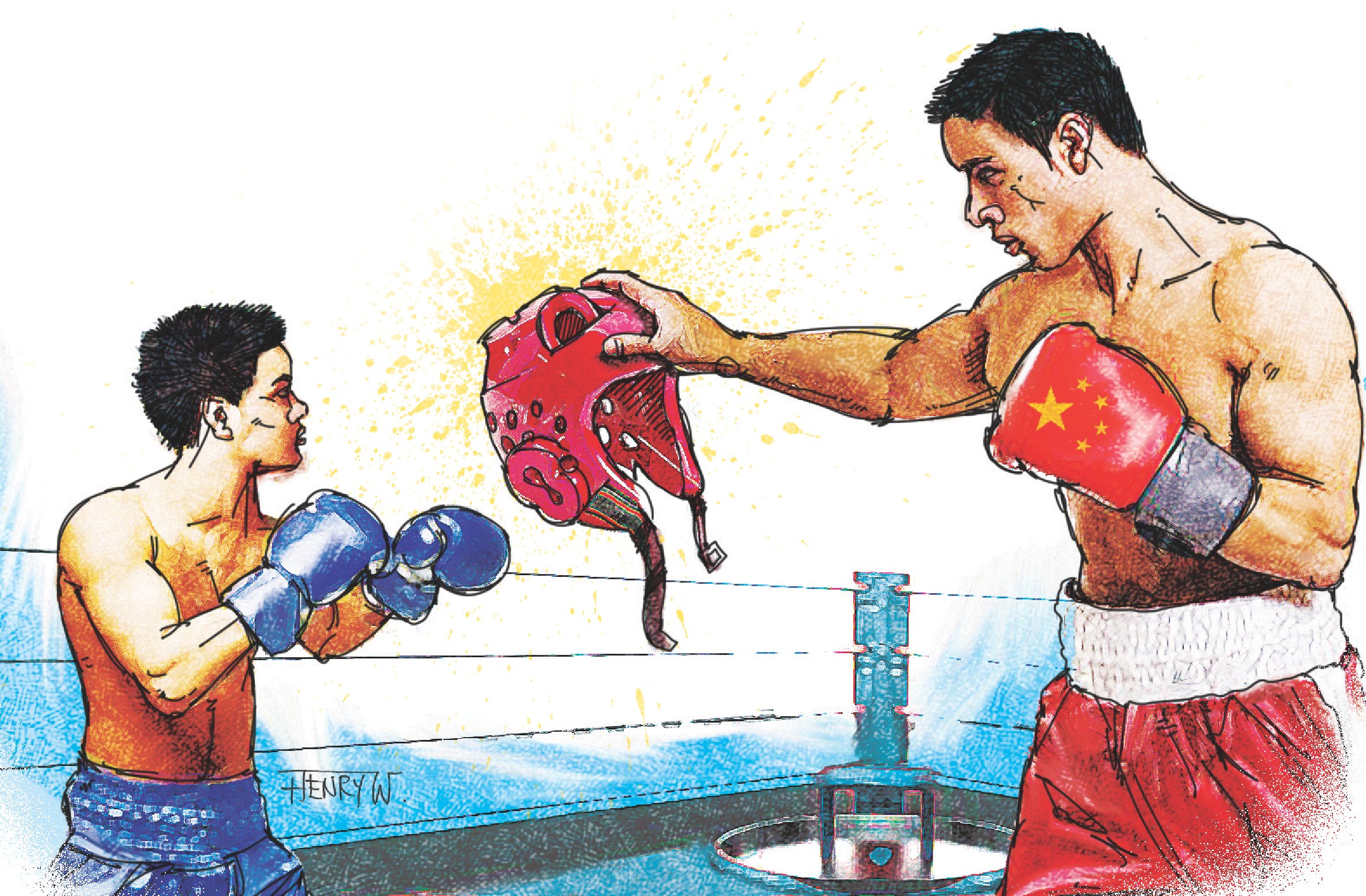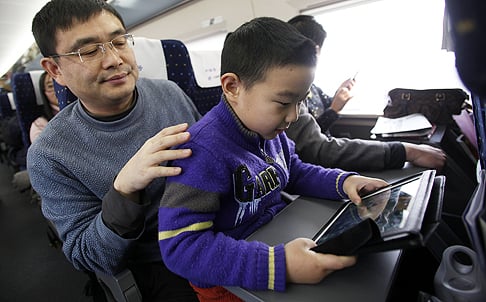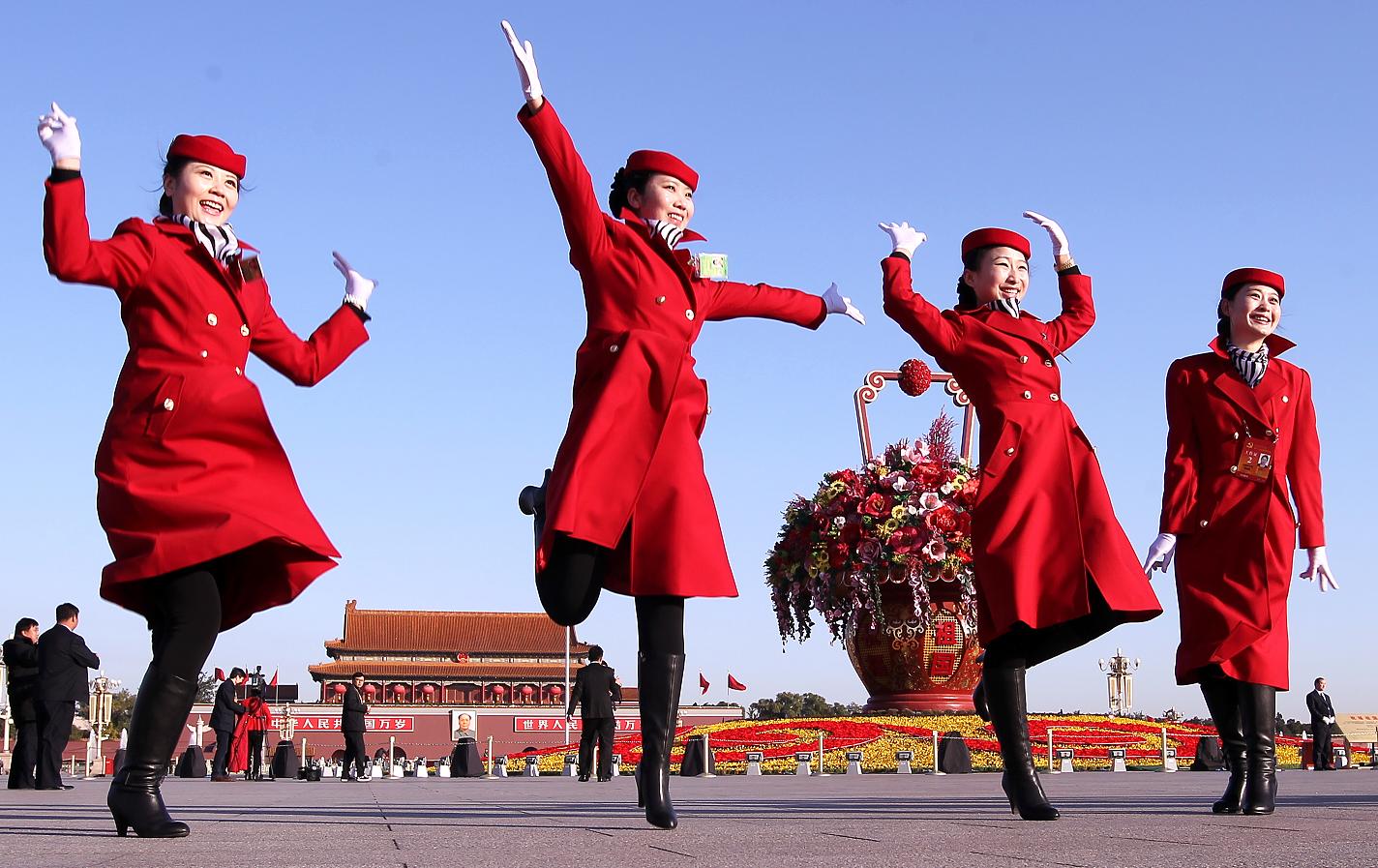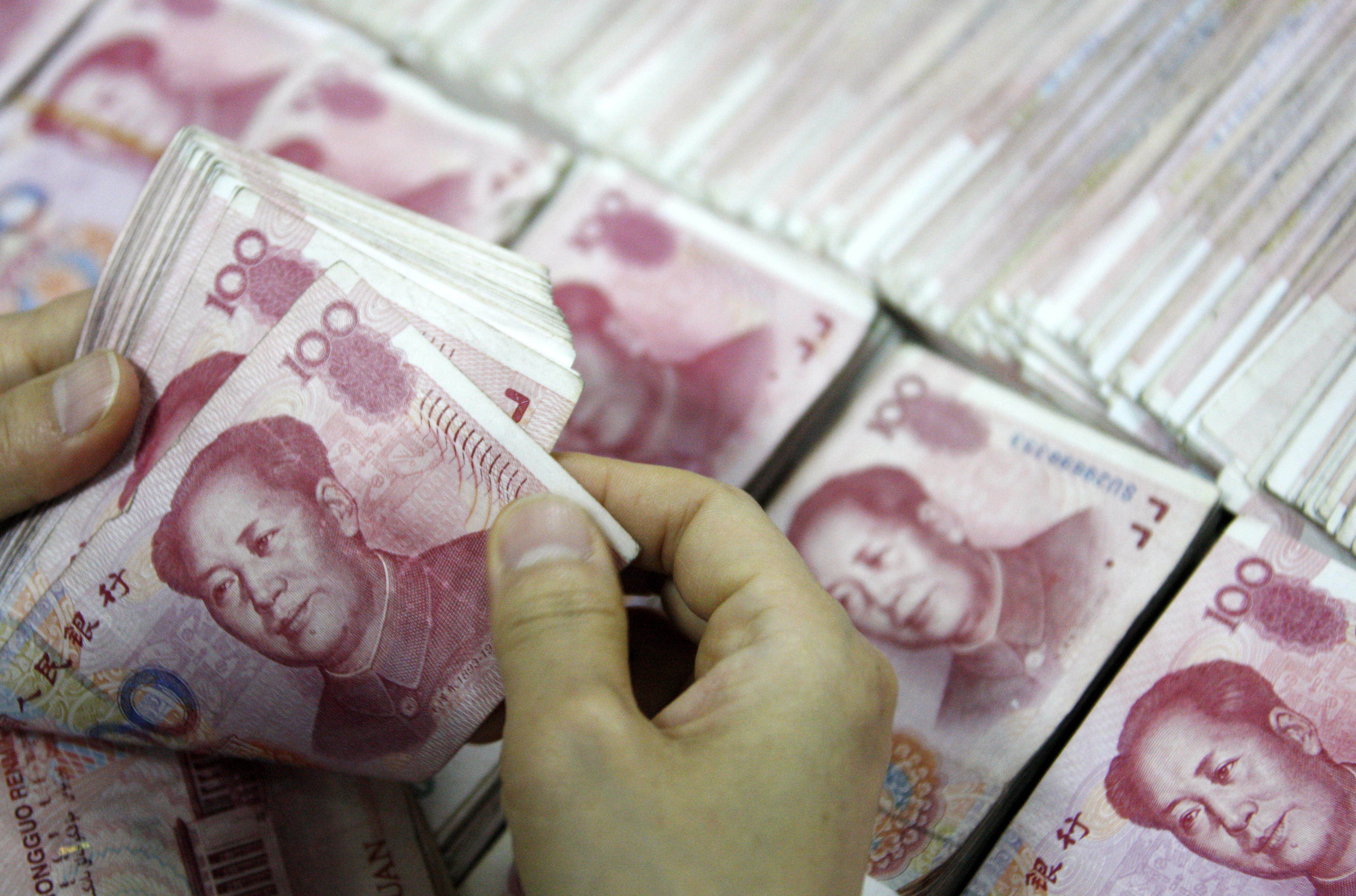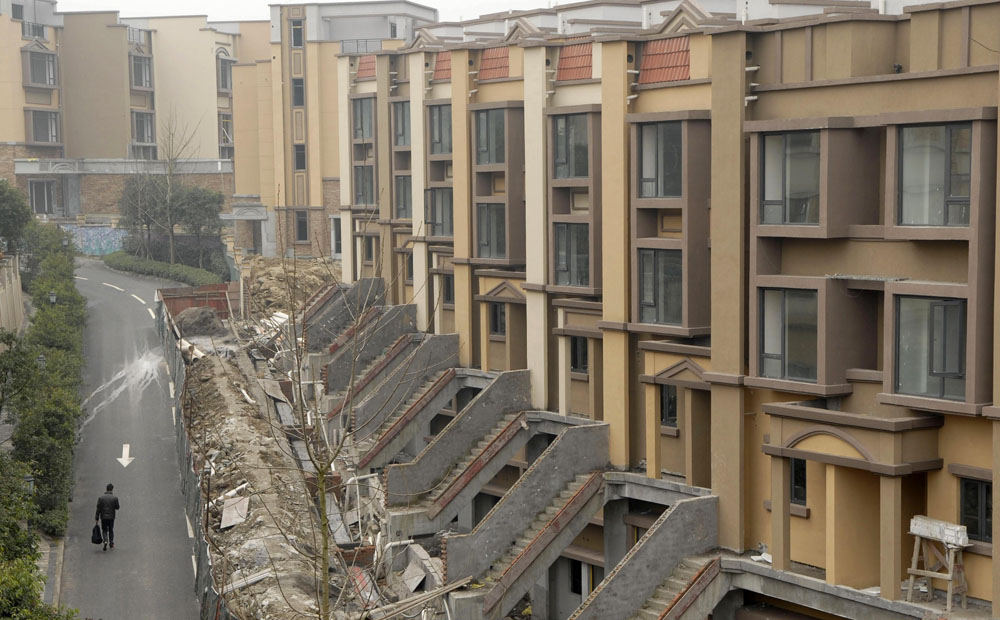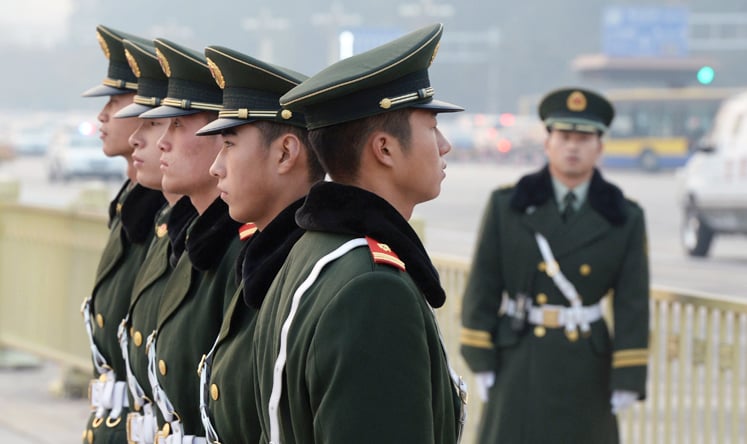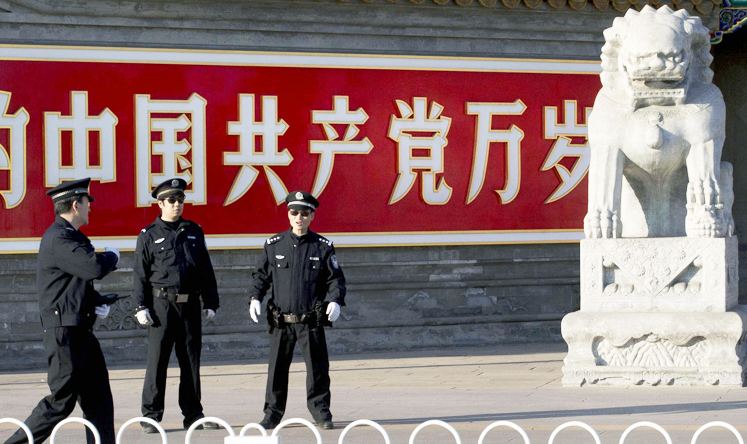Topic
The Chinese Communist Party's third plenum of the 18th Party Congress traditionally sets the economic tone for the Chinese government's next five-year term.
As the mainland leadership fleshes out the landmark blueprint adopted at the plenum of the Communist Party's 18th Central Committee and draw up details of how to implement the recommendations, it has made clear that China will never take the "evil route" of the Western-style democracy.
The disappointment among business leaders, analysts and even junior mainland officials was almost palpable on Tuesday after Communist Party leaders emerged from a secretive four-day meeting and outlined their much-anticipated plans to move the country forward.
Tomorrow, a secretive four-day meeting of nearly 400 top mainland officials is scheduled to end in Beijing with a communiqué that will set the tone and agenda for China's development over the next decade or more.
Victoria Ruan says a clearer picture of China’s long-term economic reform blueprint, which may have been formulated in anticipation of tough US trade action, will emerge only when leaders lay out annual policy in December
The strongest criticism of the Communist Party's third plenum in the West, and even from within China, has been over the lack of political reform.
The market reform drive set out in the Communist Party’s third plenum, coupled with the leadership’s consolidation of power, is only likely to deepen social problems in the absence of political reform, say liberal party veterans and scholars.
Rapid swings in Chinese financial markets in response to ambitious reform plans herald a white-knuckle year for investors, as speculation on the direction and tempo of policy pours petrol on an already volatile market.
The Communist Party is considering scaling down the system of secret interrogations and detentions it uses to root out corruption in its ranks. The nation’s top prosecutions body invited several anti-corruption experts to give advice on reform of the shuanggui interrogation system on the same day the party’s top leaders finished their third plenum meeting that mapped out a series of political and economic reforms.
The broad-brush policy document issued last week following a key Communist Party meeting is aimed at appeasing various interest groups and addressing major public discontent. If the ambitious agenda is not implemented, that will raise the political stakes for the party, analysts say.
The central government may reduce the influence of the state on stock markets as part of its reform agenda, including by making it easier for companies to list their stocks and making management of state-owned firms more accountable to shareholders.
The Communist Party has vowed to seek a more balanced model of development by shifting local governments' focus away from breakneck economic growth, according to the resolution from a key party meeting last week.
Wang Peian, the deputy director of the National Health and Family Planning Commission, said that allowing couples to have a second children when only one parent was an only child represented a minor change. He even disputed using the word "relaxation" to describe it.
Communist Party leaders across the country could eventually move into official residences as part of a plan to tackle official corruption, although experts said the change would mean little without greater disclosure of officials' wealth.
The abolition of the notorious "re-education through labour", or laojiao, system announced on Friday has been widely hailed as a significant step forward in human-rights protection on the mainland, but rights advocates and legal experts remain sceptical over the new correctional system that is expected to replace it.
The Communist Party's decision to expand the reach of its internal graft-busters has been praised as a positive step, but analysts warned that more sweeping changes were needed to cure the epidemic of corruption on the mainland.
University presidents and other top academics will no longer be treated as the equivalent of government officials under a Communist Party plan to shake up public institutions.
In a major move to reduce government intervention in the market, the Communist Party this week decided that investment projects would no longer require government approval unless they concern security or key national strategies.
The People's Liberation Army will better co-ordinate the work of its different military and geographical branches, according to the resolution of the just concluded Communist Party plenum published yesterday.
The Communist Party has pledged to try to improve transparency of legal proceedings and finds ways to reduce the direct control of courts and prosecutions by local governments, according to the text of the third plenum's decisions released by Xinhua yesterday.
The Communist Party's central committee has responded to long-time calls to relax the one-child policy and to put an end to notorious labour camps.
Beijing is expected to release the full transcript of a key policy document signed off at the Communist Party's third plenum within a week after the meeting ended.
The nation's top leaders had not reached a consensus on expanding pilot trials of property taxes in the near future, despite assertions made at the third plenum that fiscal and tax reforms would be accelerated, according to a senior researcher who has long been involved in the nation's reform planning.
Environmental experts have expressed cautious optimism over the leadership's indication it will set a new price tag on environmental exploitation. But more details on the proposed mechanism were needed before it could be deemed a significant step forward, the experts said.
The creation of two new panels to oversee economic reform and national security provides perhaps the strongest sign yet that President Xi Jinping has successfully consolidated power across the government after a year in office.




